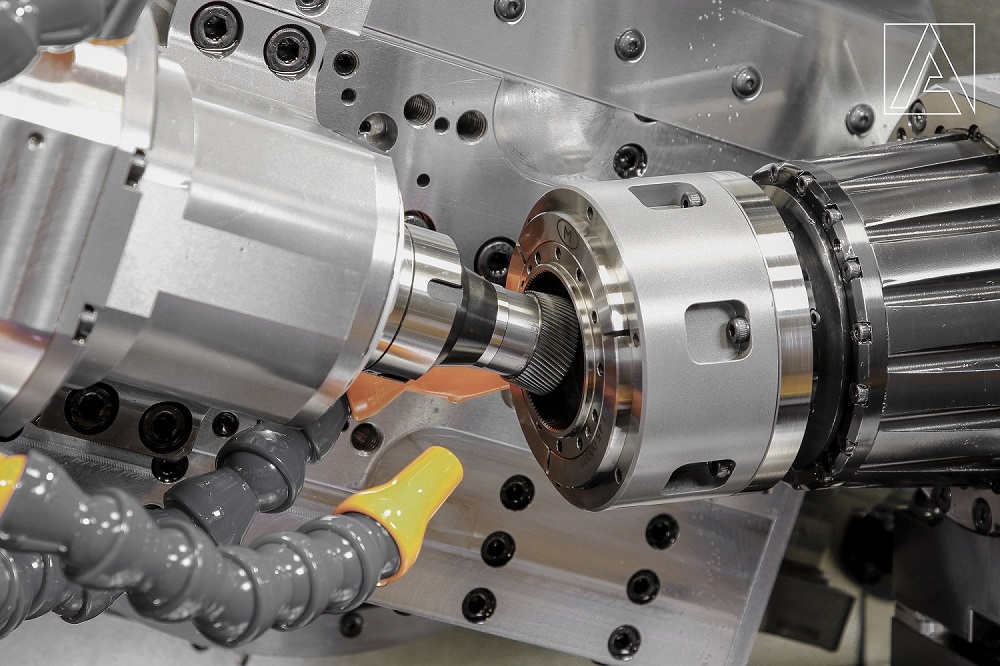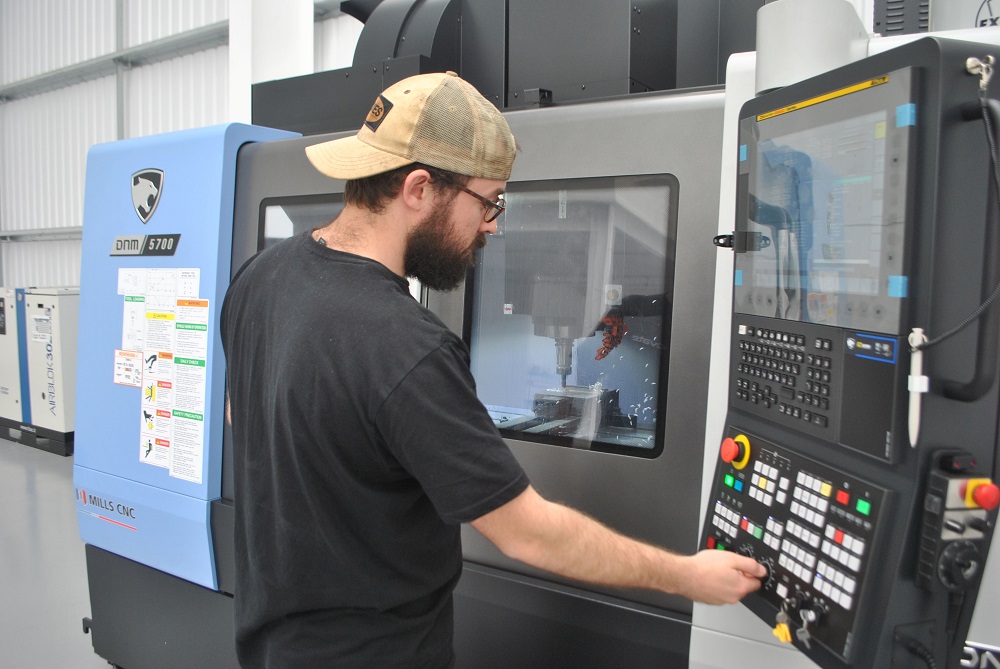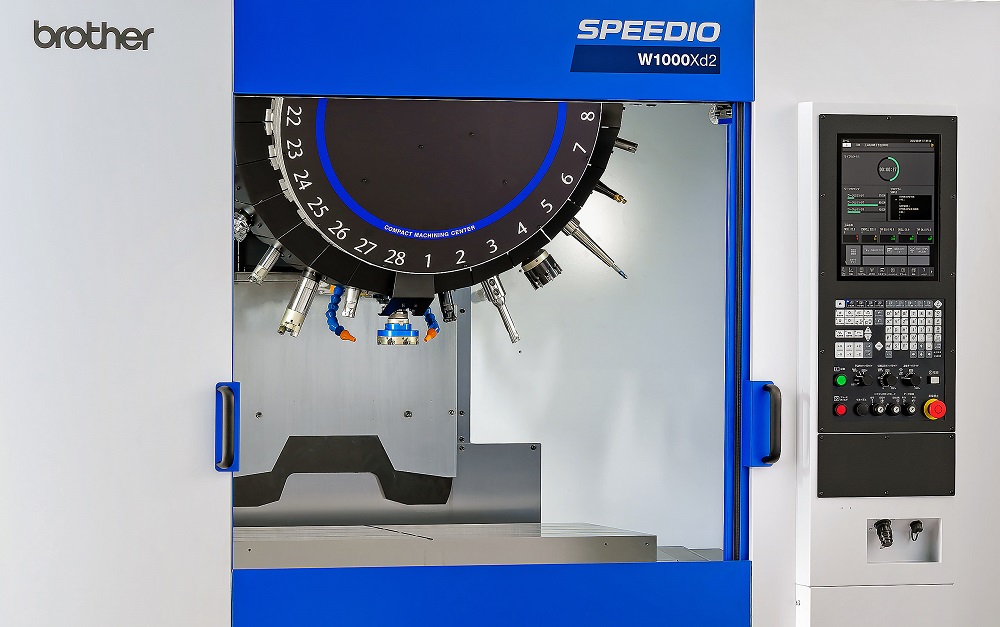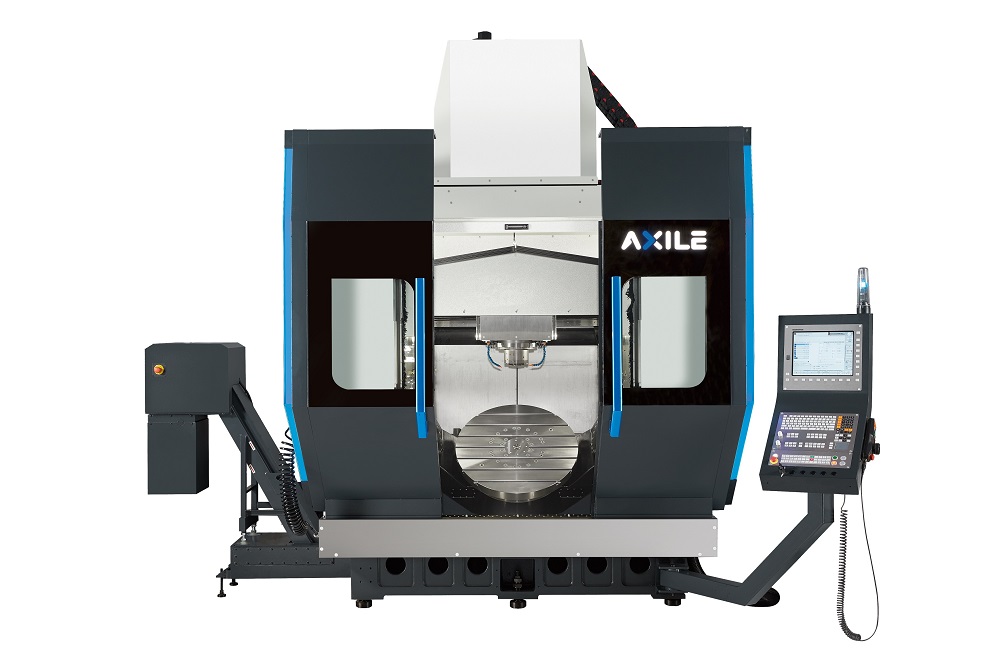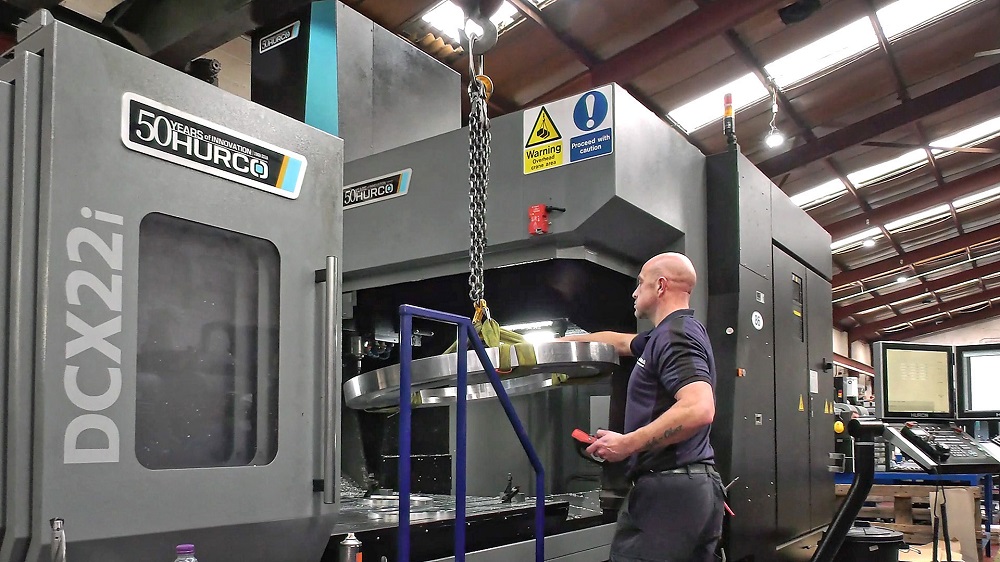When developing the AF160, maximum versatility was the key goal of the engineering department at the Swiss family enterprise Affolter Group, a specialist in high-precision gear-hobbing solutions. As a result, three gear-hobbing configurations are available.
With the optional quick-change system, machine operators can switch from one configuration to the next in only 30 minutes. In configuration I, both the C axis and the C’ prime axis are equipped with driven spindles. This set-up leads to increased cutting quality, more torque and higher rigidity. In addition, the set-up offers an A axis of±50° swing, making it ideal for the production of spur, helical, bevel, crowned and face gears.
With a tailstock on the C axis and a spindle on C’ prime axis (configuration II), the operator gets more flexibility. The A axis can move from -50° to +115°, making worm milling possible. This configuration is also suitable for all gear types mentioned above. In configuration III, the C axis remains empty and the C’ prime axis features a driven spindle. As a result, users can undertake thepower skiving of internal gears and the production of face gears.
TheAF72 part loader features a double gripper system for parallel loading and unloading, and a telescopic arm. Customers can select different configurations depending on the volume, product and application. It is possible to equipthe AF72 with up to five feeding rails, enabling users to preload more parts and let the machine work autonomously for more than 24 hours.
The AF160 is configurable for any application. Hobbing options include skiving by sensor detection, and integrating a deburring process into gear production with the addition of the AF54 deburring unit.
For further information www.affoltergroup.ch






